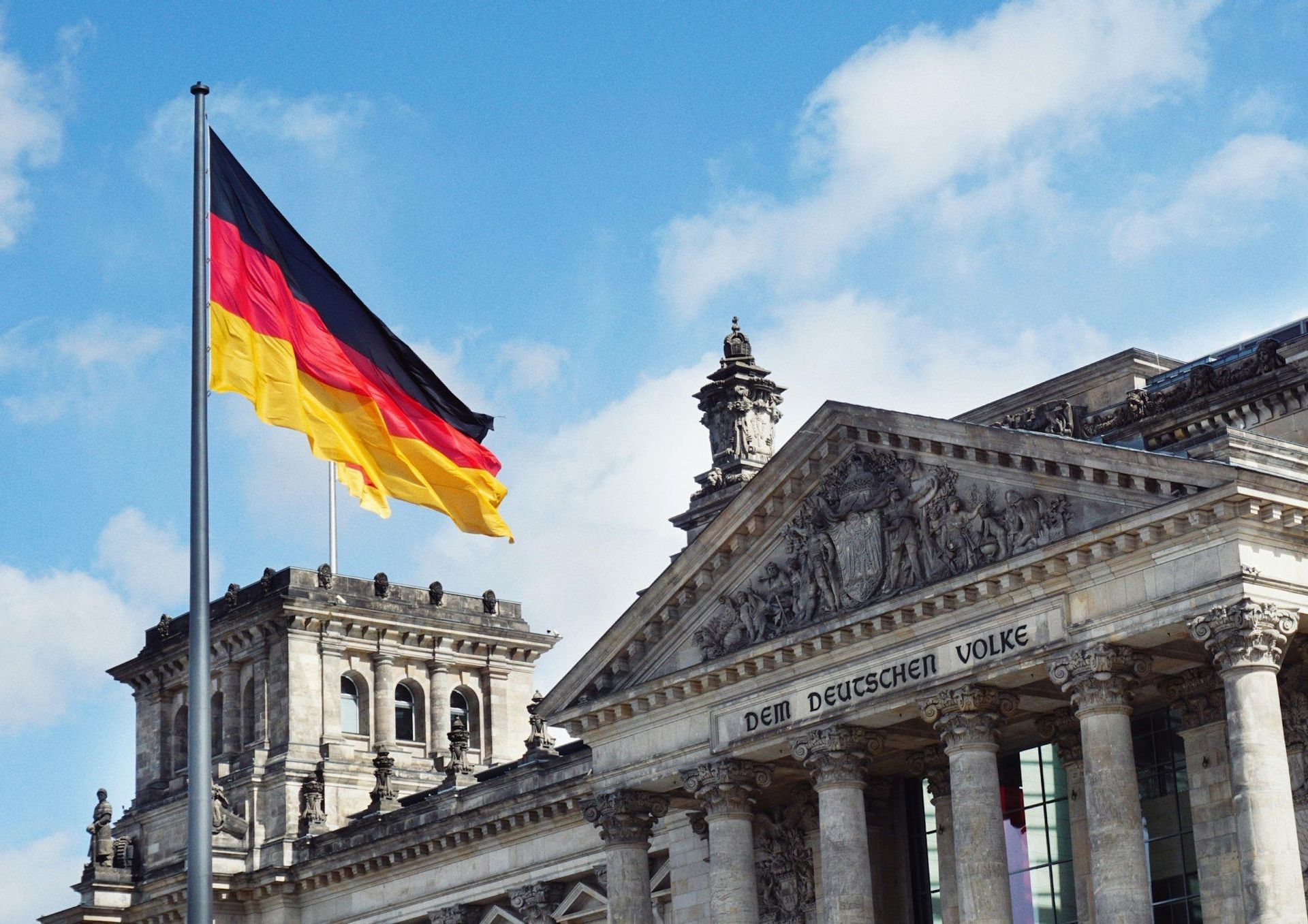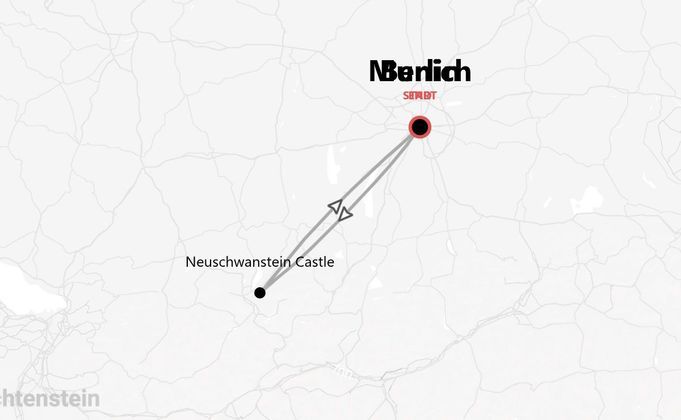
Group trips to Germany
Our organized trips to Germany
Beyond its legendary precision, Germany unveils a captivating mosaic of experiences, where centuries-old heritage beautifully intertwines with contemporary innovation and breathtaking natural wonders. From the electrifying artistic pulse and cutting-edge design of Berlin, a city of endless discovery, to the fairytale enchantment of Neuschwanstein Castle nestled amidst the majestic Bavarian Alps, and the serene, vine-laced hills of the Rhine Valley, a UNESCO World Heritage site dotted with medieval castles, this vibrant nation beckons the discerning explorer and the culture seeker to uncover a land brimming with diverse beauty and unforgettable adventures.
FAQs about Germany
If you are a UK citizen, to find out the entry requirements for Germany, you can check this informational page from our partner Sherpa. If you need a visa, you can apply for it through Sherpa. If you are not a UK citizen, you can still use Sherpa by changing the nationality in the 'Passport' section.
Before traveling, always remember to check the government website of your country of origin for updates on the entry requirements for Germany – you wouldn’t want to stay home due to a bureaucratic detail!
- UK residents: review the FCDO Travel Advice.
- US residents: consult the US Department of State Travel Advice.
- Other residents: refer to your government or local consulate's travel advice.
Germany is in the Central European Time Zone, which is UTC+1. During Daylight Saving Time, it shifts to Central European Summer Time, which is UTC+2. So, if it is 12pm in the UK, it will be 1pm in Germany, and if it is 12pm in New York, USA, it will be 6pm in Germany. Daylight Saving Time in Germany typically starts at the end of March and ends at the end of October.
Germany uses the Euro (EUR) as its official currency. The exchange rate can vary, but typically it's around:
- 1 GBP to 1.16 EUR
- 1 USD to 0.93 EUR
- 1 EUR to 1.00 EUR
You can exchange money at banks, currency exchange offices, and some larger hotels. ATMs are widely available if you prefer to withdraw cash directly.
In Germany, you can pay using a variety of methods. Credit and debit cards like Visa and Mastercard are widely accepted, but it's still a good idea to have some cash on hand for smaller shops and markets that might be cash-only. Contactless payments are becoming more common, and mobile payment apps like Apple Pay or Google Pay are also an option in many places. Keep in mind that American Express is not as widely accepted as other cards, so it's good to have alternatives.
In Germany, tipping is not mandatory, but it is appreciated if you receive good service. It's common to round up the bill or add about 5 to 10 percent as a tip. For example, if your bill is 18 euros, you might leave 20 euros. When paying by card, you can tell the server the total amount you want them to charge, including the tip. If you're paying in cash, simply hand over the money and mention the total amount you want to pay.
In Germany, you can use roaming if you're from Europe or the Schengen area, so there's no need to buy a local SIM card. If you're from outside these areas, consider getting a local SIM or e-SIM data plan. Providers like Telekom, Vodafone, and O2 offer good options. Wi-Fi is widely available in cafes, restaurants, hotels, and public places, but speeds can vary. Free Wi-Fi might require registration and may not be superfast, so a local SIM can be useful if you need reliable internet on the go.
In Germany, the official language is German. Here are some useful colloquial expressions you might hear or use:
- Hello: Hallo
- Thank you: Danke
- Please: Bitte
- Excuse me: Entschuldigung
- Goodbye: Auf Wiedersehen
While many Germans speak English, it's always appreciated when travelers try a few words in German.
In Germany, the plugs are Type C and Type F. They operate on a voltage of 230V and a frequency of 50Hz. If your devices use different plug types, we recommend you bring a universal adapter to ensure compatibility. This will help you keep your gadgets charged and ready for use during your travels.
In Germany, the main religions are Christianity, with both Roman Catholicism and Protestantism being widely practiced. There is also a significant Muslim population, along with other smaller religious groups like Judaism and Buddhism.
Important religious holidays include:
- Christmas and Easter for Christians.
- For Muslims, Ramadan and Eid are significant, though they might not be public holidays.
Packing for Germany depends on the season, but here's a general guide to help you prepare for your trip:
-
Clothing:
- Lightweight layers for spring and summer
- Warm sweaters and coats for fall and winter
- Raincoat or waterproof jacket
- Casual and smart-casual outfits for dining out
-
Shoes:
- Comfortable walking shoes for exploring cities
- Sturdy boots for hiking or winter visits
- Casual shoes for evenings
-
Accessories and Technology:
- Universal adapter for electronics
- Portable charger
- Travel guide or map
- Smartphone or tablet
-
Toiletries and Medication:
- Basic toiletries like shampoo, toothbrush, and toothpaste
- Sunscreen for summer
- Lip balm and moisturizer for winter
- Over-the-counter medications like pain relievers and motion sickness tablets
Germany experiences varied weather, so packing layers is key. Enjoy discovering the country's rich culture and history!
Germany has a temperate seasonal climate, but it can vary depending on the region.
- North: Cooler and windier, especially near the coast. Summers are mild around 20°C, while winters can drop to around 0°C.
- East: Experiences more extreme temperatures with hot summers up to 30°C and cold winters down to -10°C.
- South: Known for its alpine climate, with warmer summers and snowy winters, perfect for skiing.
- West: Generally mild and rainy throughout the year, with mild summers and cool winters.
The best time to visit Germany is during late spring (May to June) and early autumn (September), when the weather is pleasant and there are fewer tourists.



